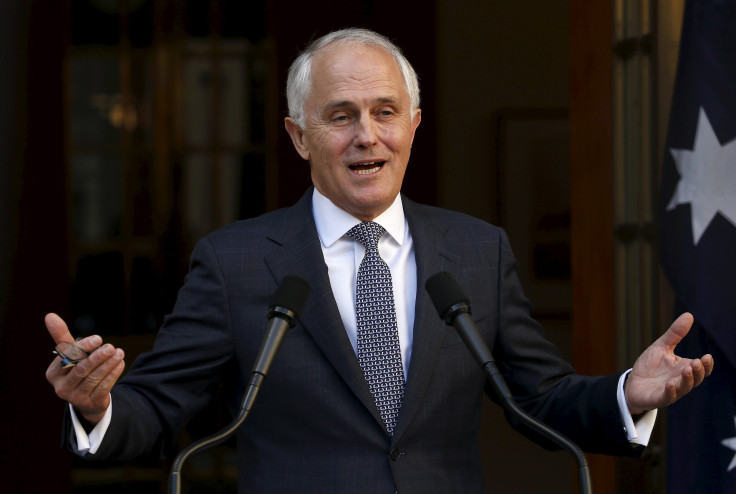US companies dodge $2b worth of taxes in Australia every year

Australia is facing tax avoidance from many United States corporations to the tune of US$1.45 billion (approx. AU$2.06 billion) each year as they shift profits to low or no tax countries, according to a research report.
It claimed that the 500 largest American companies are holding more than $2.1 trillion in accumulated profits in low-tax jurisdictions abroad.
The findings are part of a joint report prepared by advocacy and union groups -- Tax Justice Network, Oxfam, Global Alliance for Tax Justice and Public Services International, reports Western Australia Today.
The report was authored by Alex Cobham and Petr Janský and examined the location of US multinationals' economic activity vs the location where they stored profits, on the basis of historical data.
The report said, in 2012, the US multinationals shifted $500 billion to $700 billion or roughly 25 per cent of their annual profits to countries where profits are not taxed. Noting that Australia is one of the biggest losers among the Group of 20 nations (G20) group, it ranked Australia 12th in the list of 20 countries, preceded by the United States, Germany, Canada, China, Brazil, France, Mexico, India, Britain, Italy and Spain.
Tax havens
According to the report, most untaxed profits end up in Netherlands, Ireland, Bermuda and Luxembourg, where there is virtually no tax. Singapore and Switzerland also accounted for the bulk of profit-shifting in terms of individual jurisdictions. The four Organisation for Economic Co-operation and Development (OECD) countries where U.S. multinationals are booking large profits are Ireland, the Netherlands, Luxembourg and Switzerland.
The report argued that some key countries with no or insufficient tax data include the British Virgin Islands, Cayman Islands and Jersey. They have not been individually included in the analysis. However, the report noted that since these countries have zero corporate tax regimes “they played a key role in cases of large-scale tax dodging by individual multinationals and can be identified from studies using other data sources.”
“In 2012, US multinational companies reported $80 billion of profits in Bermuda, which does not tax corporate income at all – that is more than the profits that these companies reported in Japan, China, Germany and France combined,” the report said.
Despite the knowledge that rampant profit-shifting is going on, global efforts to curb corporate tax evasion are not succeeding with the G20 and OECD countries not able to live up to their promise.
“The outcomes are very weak, and more generally, the announced (Base Erosion and Profit Shifting) measures are not enough to ensure that multinationals can be taxed where their real economic activity takes place,” the report said.
Australia’s reaction
Assistant National Secretary of the Community and Public Sector Union (CPSU) Michael Tull commented that even a small portion of this $2.5 billion of unpaid tax could restore many jobs, which have been cut in the Commonwealth Scientific Industrial Research Organisation (CSIRO), Centrelink and the Australian Taxation Office.
Former treasurer Joe Hockey had spearheaded an anti-avoidance campaign to hunt down multinationals, to which the tax and business community reacted harshly, while tax advocacy groups labelled it inadequate. The Australian Taxation Office has already warned companies that it will cahse money attributed to offshore marketing hubs and use stronger transfer pricing powers to go after them.
OECD remedy
The OECD, in its recent recommendations said how countries should address tax avoidance by multinationals, named as ‘Base Erosion and Profit Shifting’ (BEPS) and suggested some steps.
Though tax minimisation and avoidance had been on for many years, globalisation has made things easier for multinationals to minimise tax by shifting profits from high-taxing countries such as Australia to tax havens.
In Australia, this is usually done by multinationals, which load up the Australian subsidiary with heavy debt or overcharge the Australian arm for goods and services, noted Business Spectator in a report.
The OECD prescription is simple -- increase taxable income in a tax haven and reduce the same or eliminate it in Australia. The practice of tax shifting really hurts local companies with no parent companies in tax havens.
For feedback/comments, contact the writer at feedback@ibtimes.com.au or let us know what you think below.





















